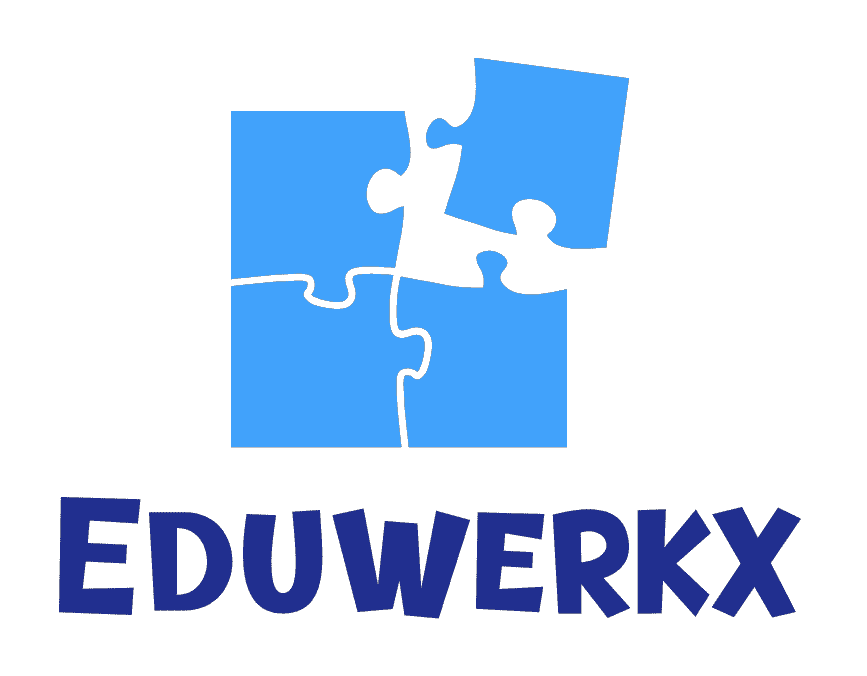We’ve talked about how resilient people are so sure of themselves that they face problems with the same ease as walking, never worrying about whether their legs will fail them. Even if they stumble and fall, they simply pick themselves up and keep going. Resilient people are also more grounded with reality because they frequently test and challenge their limits.
On the other hand, non-resilient people often think too highly of themselves and overestimate their abilities until they put their skills to the test. When they realize that their self-perception doesn’t match their actual abilities, fear and self-doubt starts to creep in. This can lead to stress, anxiety about failure and avoidance behaviours like procrastination.
The significant disconnect between their abilities and the reality of their performance leads to cognitive dissonance, where individuals struggle to reconcile their self-perception with reality. This dissonance may result in defensive responses, such as blaming external factors rather than acknowledging their own personal shortcomings.
If they attribute their failures to external factors, their abilities will remain stagnant. Only by acknowledging and accepting their own shortcomings can one foster a more realistic assessment of their skills. This awareness to accept shortcomings allows them to view mistakes as stepping stones for improvement rather than personal failures.
Learning is a powerful tool, but like any tool, it can be used effectively or ineffectively. While learning is generally beneficial, there are certain types of learning that can hinder your child’s potential. In this post, we will explore some of these counterproductive styles that may be sabotaging your child’s potential.
Is your Choice of Learning Sabotaging your Child’s Potential?
Most parents want the best for the child and strive to equip them with the tools they believe will lead to success. They envision their children growing up to be well-rounded individuals with a wide range of abilities, leaving their peers in the dust.
Unfortunately, many parents make poor choices that inevitably hinder the very development that they desire for their child. What if I told you that the educational approach you choose for your child significantly influences their ability development? Sounds unbelievable?
Remember when your children were little and full of curiosity, constantly asking “why” about everything that interested them? They were born as curious learners but at some point, as they grew older, their curiosity faded. How did your child lose their sense of wonder? How did you lose yours?
Most parents do not realize that most educational approaches alter the way we naturally learn. This means that our innate, superior way of learning, which leverages a variety of abilities is being replaced by something much less effective and unnatural.
As a result, the numerous abilities, numbering more than 20, that we use in natural learning like critical thinking, observation, adaptability and growth mindset, becomes weaker or forgotten from lack of regular practice.
One example would be instructional-based learning, which often overload students with excessive information in short periods, leaving little time for students to practice processing and critically evaluating the material.
If you are interested to find out what types of learning can enhance your child’s abilities, like and follow to find out more in part 11.
#ParentingTips #TeenEducation #AcademicSupport #LearningChallenges #StudyTips #EducationMatters #TeenSupport #SchoolStruggles #EducationalGuidance #ParentingAdvice #Eduwerkx #AITutor #education #edtech #kiasu #paradox #learning
